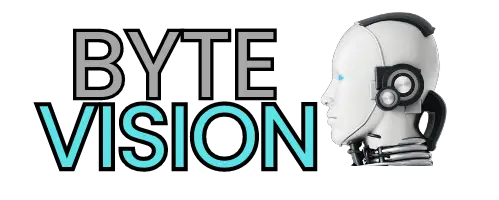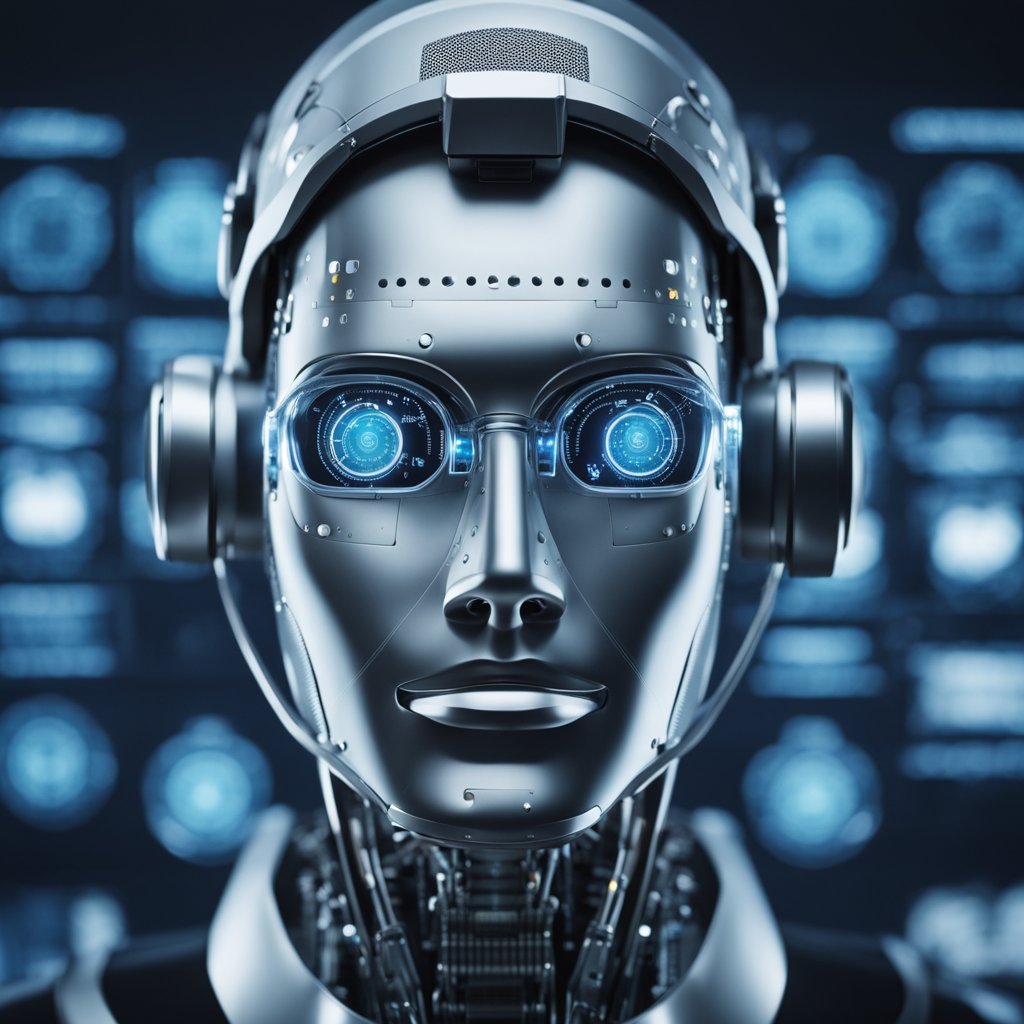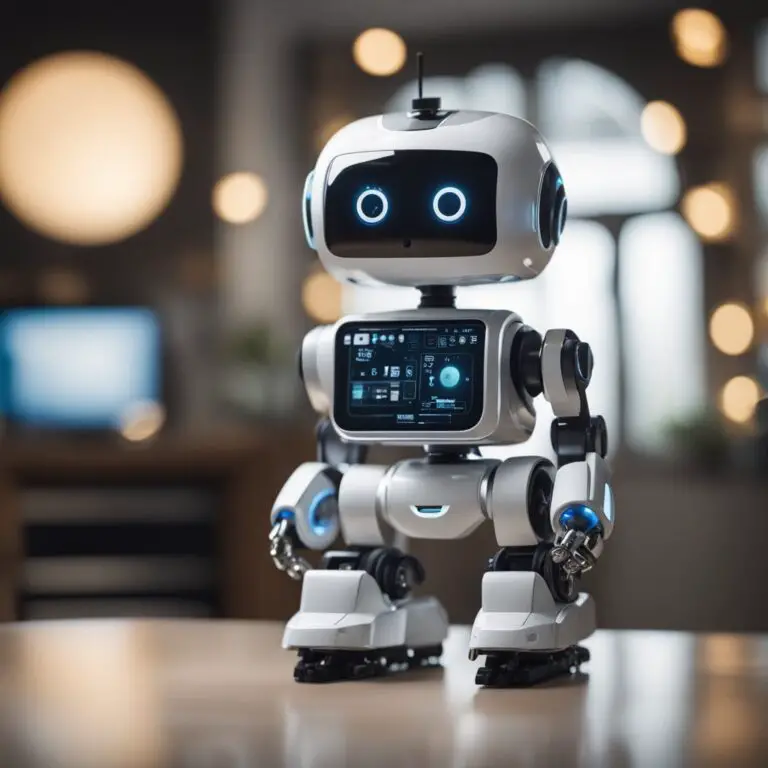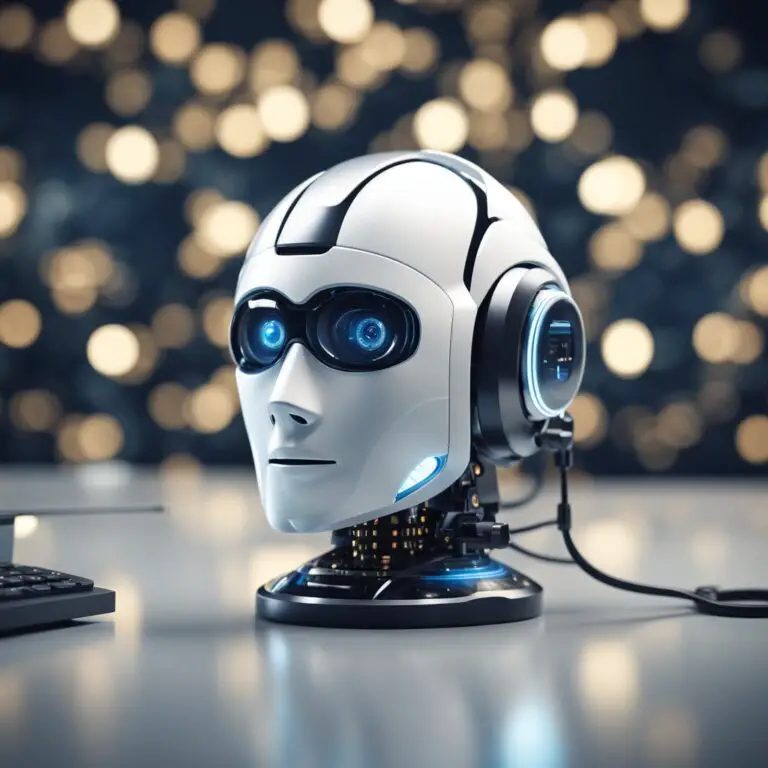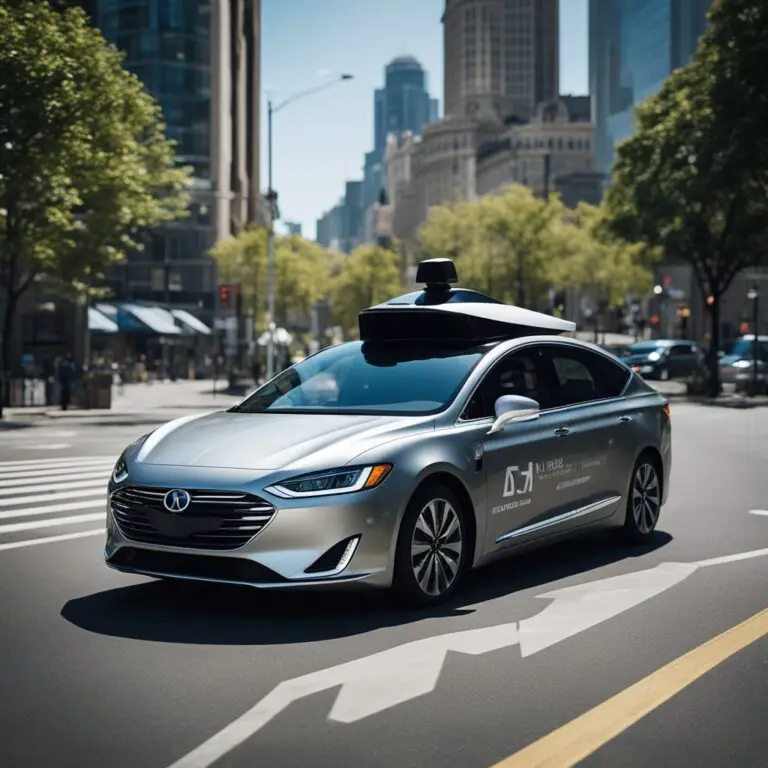What is Artificial Intelligence and How Does It Work?
What is Artificial Intelligence and How It Works
Artificial Intelligence (AI) is a buzzword that has been around for decades, yet many people are still unsure of what it actually means. Simply put, AI refers to the ability of machines to perform tasks that normally require human intelligence, such as learning, problem-solving, and decision-making. This technology has become increasingly important in recent years as businesses and industries look for ways to automate processes and improve efficiency.

AI works by using algorithms and statistical models to analyze data and make predictions or decisions based on that information. Machine learning, a type of AI, involves training machines to recognize patterns in data and make decisions based on that information. This is done by feeding large amounts of data into the machine and allowing it to learn from that data over time. Deep learning, another type of AI, involves using neural networks to simulate the way the human brain works, allowing machines to learn and improve on their own. These technologies are used in a wide range of applications, from self-driving cars to virtual assistants like Siri and Alexa.
Defining Artificial Intelligence

Artificial Intelligence (AI) is a broad field that encompasses various sub-disciplines, including machine learning, natural language processing, robotics, and computer vision. At its core, AI is about creating intelligent machines that can perform tasks that typically require human intelligence, such as recognizing speech, making decisions, and understanding natural language.
AI: A Multidisciplinary Approach
AI is a multidisciplinary field that draws upon expertise from computer science, mathematics, statistics, psychology, neuroscience, and engineering. The goal of AI is to create intelligent machines that can learn and adapt to new situations, just like humans do.
To achieve this goal, AI researchers use a variety of techniques, including rule-based systems, decision trees, neural networks, and deep learning algorithms. These techniques allow machines to learn from experience and improve their performance over time.
Narrow AI vs. General AI
There are two main types of AI: Narrow AI and General AI. Narrow AI, also known as weak AI, is designed to perform specific tasks, such as playing chess or recognizing faces. Narrow AI systems are highly specialized and can only perform the tasks they were designed for.
On the other hand, General AI, also known as strong AI, is designed to perform any intellectual task that a human can do. General AI systems are capable of reasoning, problem-solving, and learning from experience. However, the development of General AI is still in its early stages, and researchers are still working on creating machines that can truly replicate human intelligence.
In summary, AI is a multidisciplinary field that aims to create intelligent machines that can perform tasks that typically require human intelligence. There are two main types of AI: Narrow AI and General AI, and researchers use a variety of techniques to create intelligent machines that can learn and adapt to new situations.
How AI Works

Machine Learning Fundamentals
Machine learning is a subset of artificial intelligence that involves the development of algorithms and statistical models that enable machines to learn from data, without being explicitly programmed. It involves training a machine learning model on a dataset, which it then uses to make predictions or decisions based on new data.
Neural Networks and Deep Learning
Neural networks are a type of machine learning algorithm that are modeled after the structure and function of the human brain. They consist of interconnected nodes, or neurons, that are organized into layers. Each neuron receives input from other neurons and applies a mathematical function to that input to produce an output.
Deep learning is a subset of neural networks that involves the use of multiple layers to learn increasingly complex representations of data. This allows deep learning models to achieve state-of-the-art performance on a wide range of tasks, such as image recognition, natural language processing, and speech recognition.
Data Processing and Algorithms
Data processing is a critical component of AI, as machine learning models require large amounts of data to learn from. This data must be cleaned, preprocessed, and transformed into a format that can be used by machine learning algorithms.
Algorithms are the building blocks of AI, and there are a wide range of algorithms that can be used for different tasks. Some common machine learning algorithms include decision trees, support vector machines, and k-nearest neighbors. The choice of algorithm depends on the specific task at hand and the nature of the data being used.
Applications of AI

Healthcare
Artificial Intelligence has made significant progress in the healthcare industry. AI can help doctors and healthcare professionals to diagnose diseases and provide appropriate treatment. AI-powered medical devices can analyze medical data and provide personalized treatment plans for patients. AI can also be used for drug discovery and development, which can significantly reduce the time and cost of developing new drugs.
Finance
AI has revolutionized the finance industry. AI-powered algorithms can analyze large amounts of financial data and provide insights into market trends and investment opportunities. AI can also be used for fraud detection and prevention. AI-powered chatbots can provide customer service and support, and help customers with their financial needs.
Transportation
AI is transforming the transportation industry. Self-driving cars, trucks, and buses are becoming a reality with the help of AI. AI-powered traffic management systems can optimize traffic flow and reduce congestion. AI can also be used for predictive maintenance, which can help prevent breakdowns and reduce downtime.
Customer Service
AI-powered chatbots and virtual assistants are becoming increasingly popular in customer service. These chatbots can provide 24/7 support and help customers with their queries and concerns. AI can also be used for sentiment analysis, which can help companies to understand their customers’ needs and preferences. AI-powered recommendation engines can suggest products and services based on customers’ previous purchases and browsing history.
In conclusion, AI has a wide range of applications across various industries. From healthcare to finance to transportation and customer service, AI is transforming the way we live and work. With further advancements in AI technology, we can expect to see even more innovative applications in the future.
Challenges in AI

Ethical Considerations
As AI becomes more prevalent in society, there are increasing ethical considerations that must be addressed. One major concern is the potential for AI to replace human workers, leading to job loss and economic inequality. Another issue is the potential for AI to be used in ways that violate individual privacy or perpetuate discrimination.
AI Bias and Fairness
AI algorithms are only as unbiased as the data they are trained on. If the data contains biases, the AI will learn and perpetuate those biases. This can lead to unfair treatment of certain groups of people, such as racial or gender discrimination. Ensuring that AI is trained on diverse and representative data is crucial to avoid bias and ensure fairness.
Security and Privacy Issues
AI systems often collect and process large amounts of sensitive data, including personal information and financial data. This creates significant security and privacy risks, as any breaches or unauthorized access could have serious consequences. Ensuring that AI systems are secure and that data is protected is essential to prevent these risks.
Overall, while AI offers many benefits, it also presents significant challenges that must be addressed in order to ensure that it is used in a responsible and ethical manner.
The Future of AI

Advancements on the Horizon
As technology continues to advance at an unprecedented rate, the future of AI looks promising. Researchers are constantly working to improve AI algorithms and create new applications for the technology. One area of focus is the development of more advanced natural language processing (NLP) systems, which would allow for more sophisticated communication between humans and machines. Another area of research is the creation of more advanced machine learning algorithms that can learn from less data, which would make AI systems more efficient and effective.
Impact on Society and Jobs
While AI has the potential to revolutionize many industries and improve our daily lives, it also raises concerns about its impact on society and jobs. Some experts predict that AI could lead to significant job losses, particularly in industries such as manufacturing and transportation. However, others argue that AI could create new job opportunities in fields such as data analysis and software development.
AI also raises ethical concerns, particularly around issues such as privacy and bias. As AI becomes more integrated into our daily lives, it is important to ensure that it is being used in a responsible and ethical manner. Governments and organizations are already working to develop regulations and guidelines for the use of AI, but there is still much work to be done to ensure that the technology is being used in a way that benefits society as a whole.
Overall, the future of AI is both exciting and uncertain. While there are certainly challenges to be addressed, the potential benefits of AI are vast and could have a profound impact on our world. As researchers continue to make advancements and society grapples with the implications of this technology, it will be important to approach AI with caution and careful consideration.
